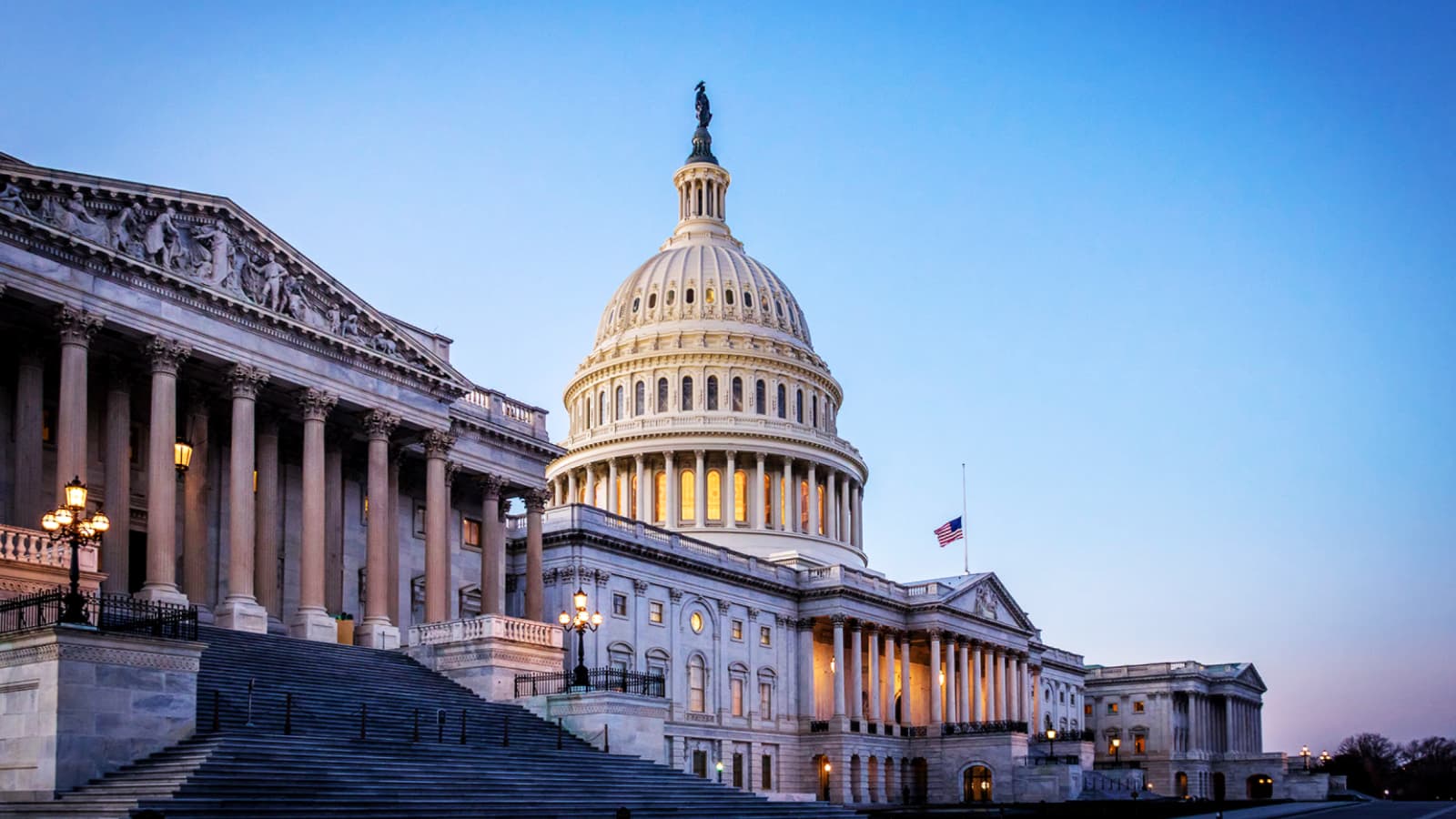SBF-Backed Crypto Bill Could Have Prevented FTX Catastrophe, CFTC Chair Says
The proposed crypto bill would give the Commodity Futures Trading Commission new tools and authorities to regulate digital commodities

Diego Grandi/Shutterstock.com
In an ironic turn of events, Sam Bankman-Fried’s choice for cryptocurrency legislation could have prevented the collapse of his exchange and protected users, Commodity Futures Trading Commission Chair Rostin Behnam said.
The Digital Commodity Consumer Protection Act (DCCPA), which received vocal support from now-disgraced FTX founder Bankman-Fried, could have, in theory, kept the exchange and associated trading desk, Alameda Research, in check, Behnam said during a hearing before the Senate Agriculture Committee Thursday.
“Based on what we know thus far, a lot of the issues that have arisen and sort of come to light are significant conflicts of interest, significant allegations of commingling customer money and house money, lack of books and records, lack of corporate governance and risk controls, just to name a few,” Behnam said. “And these are, from our understanding in working with [bill sponsors] on the DCCPA, core elements of the DCCPA.”
The core of the DCCPA is “to give the Commodity Futures Trading Commission new tools and authorities to regulate digital commodities,” Sen. John Boozman, R-Ark., said in a statement from August.
The bill received significant criticism from much of the industry, particularly the DeFi community, for excluding people who develop or publish software from the term “digital commodity trading facility.” Bankman-Fried acknowledged that the DeFi community made some important comments, but maintained that the key focus of the bill is to promote safe cooperation between centralized companies and DeFi.
The industry also largely disagrees that the DCCPA could have done anything to stop the collapse of FTX.
“DCCPA would NOT have prevented the failure of FTX International,” Blockchain Association executive director Kristin Smith said on Twitter during the hearing.
While the bill text does mention that commingling of consumer funds is prohibited, it does not address the issue of the CFTC overseeing a foreign exchange.
“FTX.com is a foreign registered entity, so, unfortunately, greater CFTC jurisdiction over US entities would have had little impact in preventing the fallout,” Georgia Quinn, general counsel of Anchorage Digital, said. “There are lessons the industry should learn, however, from the failure of FTX.com to help protect consumers.”
Behman did add that Congress will need to take a closer look at the bill in the wake of the FTX crisis.
CFTC wants to stop Americans skirting prohibition
The DCCPA is sponsored by Sens. Boozman, Debbie Stabenow, D-Mich., Corey Booker, D-N.J., and John Thune, R-S.D. Boozman and Thune received campaign donations linked to Bankman-Fried and FTX, Federal Election Committee records show. Neither senators’ offices responded to Blockworks’ request for comment.
FTX, being based offshore and prohibited in the US, is a unique case in terms of jurisdiction, Behnam said, but US customers were impacted regardless and lawmakers need to act accordingly. Two percent of customers impacted by FTX’s failure were US citizens, Behnam said, citing recent bankruptcy filing documents.
“Folks will find a way to get exposure to offshore entities or activities, even if it’s prohibited in the US, and we have to do something about that,” Behnam said.
When asked if the outcome could have been different had FTX had registered with the CFTC as an exchange, Behnam said that his agency could have prevented the collapse.
LedgerX, also known as FTX US Derivatives, is a subsidiary of the now-defunct exchange that was able to escape the bankruptcy filing, a luxury many authorities attribute to its registration with the CFTC.
The firm is notably absent from the bankruptcy filing, CFTC Commissioner Kristin Johnson said in November at the Blockchain Association Policy Summit in Washington, DC, in part thanks to the company’s due diligence in complying with the futures watchdog’s regulatory requirements. In 2017, LedgerX applied to register with the CFTC as a derivatives clearing organization (DCO).
The CFTC has independently confirmed LedgerX does not belong on the list of FTX bankrupt subsidiaries, Johnson said.
“Not $1 of customer assets have been compromised, to the best of our knowledge,” Johnson said of LedgerX.
“Given what we know, from the presence of conflicts of interest, commingling funds, books and records, we would have been able to prohibit it,” Behnam said. “I would point to what we’re doing with LedgerX on a daily basis.”
Get the news in your inbox. Explore Blockworks newsletters:
- The Breakdown: Decoding crypto and the markets. Daily.
- 0xResearch: Alpha in your inbox. Think like an analyst.






